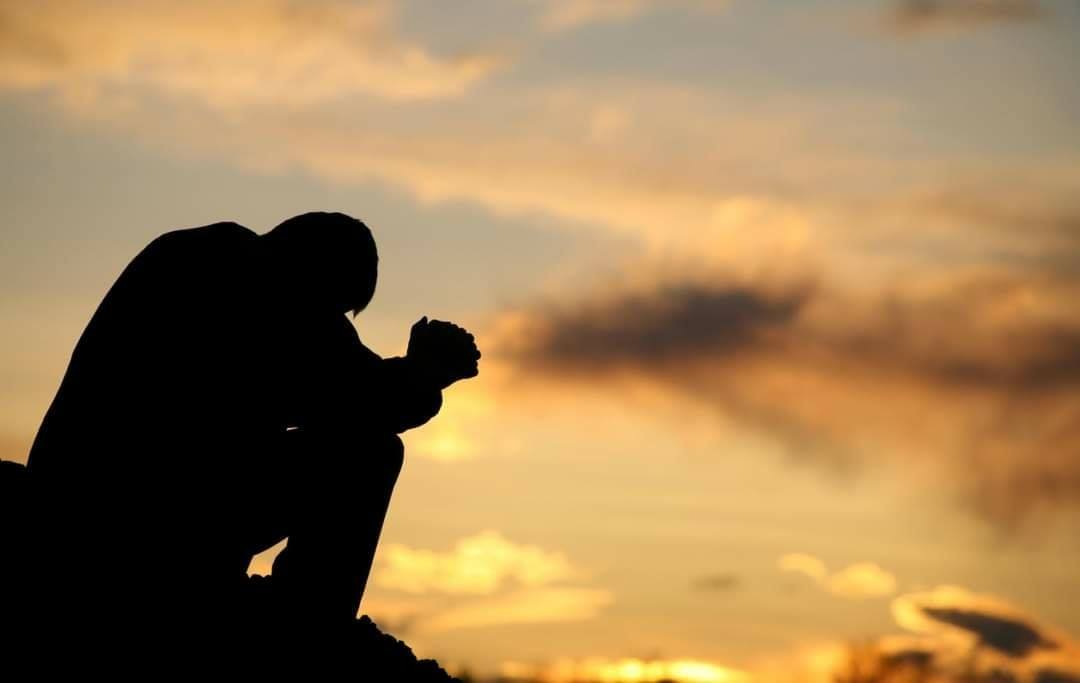Fr Daniel Antonio de Carvalho Ribeiro, SCJ
2ND SUNDAY OF ADVENT (Lk 3:1-6)
Year C – December 8, 2024
The Gospel of this Second Sunday of Advent is an invitation to conversion. Conversion is essential to celebrate well the memory of the Incarnation of the Word, on Christmas Day, and to prepare for the definitive coming of Christ. These two realities must be seen inseparably in the Advent season, and it is never too much to repeat them: we want to celebrate the memory of Jesus’ birth well and we prepare for His definitive coming. According to St. John the Baptist, this requires a profound conversion (metanoia), a change of attitude.
The season of Advent is characterized as a period of hope in the eternal happiness brought by God. I confess that the virtue of hope is the most difficult to preach. It seems that there is a crisis in the reflection on this turmoil. We can talk about love for hours and usually people are touched by this theme. When it comes to the life of faith, it also seems to be very well accepted, especially in times of difficulty. However, the virtue of hope seems to be the most complex and even sometimes forgotten aspect of Catholic reflections.
St. Thomas Aquinas, in the second section of his Summa Theologica, explains that the joy of hope finds it difficult to be fulfilled because many imagine salvation as something so difficult that, even with the greatest efforts, people think they cannot attain it. To overcome this pessimism, St. Thérèse preaches that this fear of not being saved must be overcome by understanding the love of God who desires us together with Him and helps us on this path. Nowadays the problem seems to be the opposite. For many Catholics, the theme of hope has become irrelevant because many do not even think about eternal life, and among those who still believe and think about it, there is a significant number of people who affirm that God is love – which in fact is true – and therefore will save everyone and no one will be condemned. In this context, the question arises: why convert if eternal life does not exist or if it does exist, everyone will be saved?
Before we talk about conversion, we must reaffirm the truth of the Catholic faith in eternal life and how it is to be earned through our faith and works. God, being love and respecting the freedom of His children, respects the free will of those who do not want to be saved. For those who wish to be saved, St. John the Baptist makes it clear in today’s Gospel that conversion is fundamental. It seems that God is often like a “pleasure spoiler”, who says that everything that brings us pleasure is a sin. In fact, we imagine that fidelity is something that brings a pleasant ceremonial and physical sensation. Therefore, when a priest tells the person to live chastity, to leave vices and a life of sin, many think: the priest is not thinking about my happiness, he wants me to live a life of suffering.
This wrong view of happiness has led many people to emptiness, frustration, loss of the meaning of life and filling psychiatric offices. Even if many do not want to believe or do not have a true notion of what this means, we are all born for things above and will be happy only when we identify ourselves with the One who created us, God Himself. In other words, our soul has an intrinsic desire for eternity, so if we do not let our soul seek this union with God, we are contradicting our essence, and all happiness will only be apparent, fragile and illusory. Conversion is a fundamental requirement for identifying with the deepest part of our being that was created by God. St. Gregory of Nyssa even said that what God most desires is our divinization. We must be divine not by nature, which is possible only with God, but by participation. Here is the goal of human life that will bring true happiness. In this process of conversion to truly celebrate Christmas, let us try to abandon the paths that lead us away from God and convert ourselves wholeheartedly to him. This will only be possible when we create unique moments of encounter, in silence, with God, just as St. John the Baptist did when he was in the desert, but also through the sacraments of the Eucharist, Confession and in the experience of Christian love in our relationships.
When we learn to see Christ in our brothers and sisters, our actions, our words and our gaze will let God’s love overflow and then we will see that Divine Light that is in us be able to pierce the mirror, which is sometimes in front of us, and reflect in the heart of our brother or sister to be the Church that God expects.


 Follow
Follow


